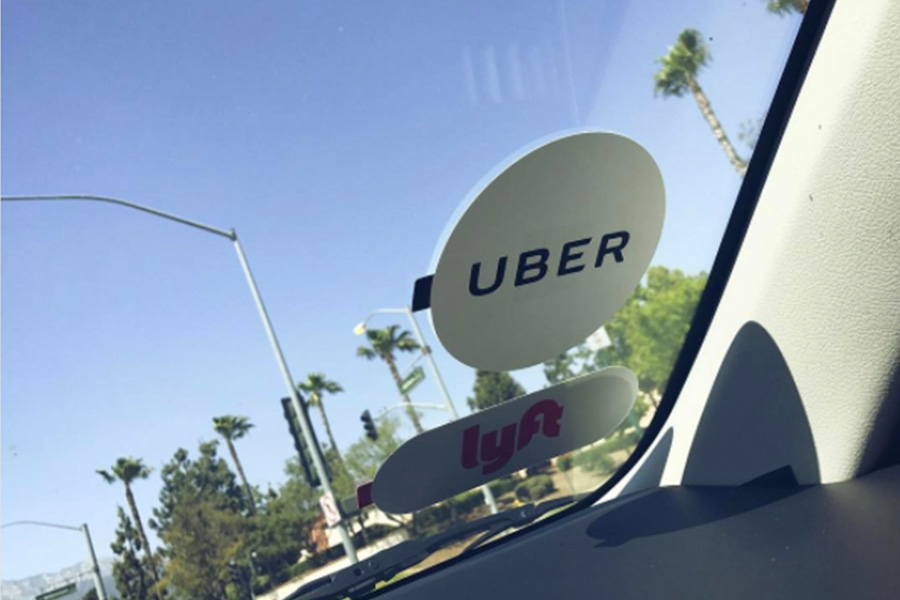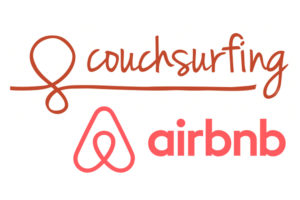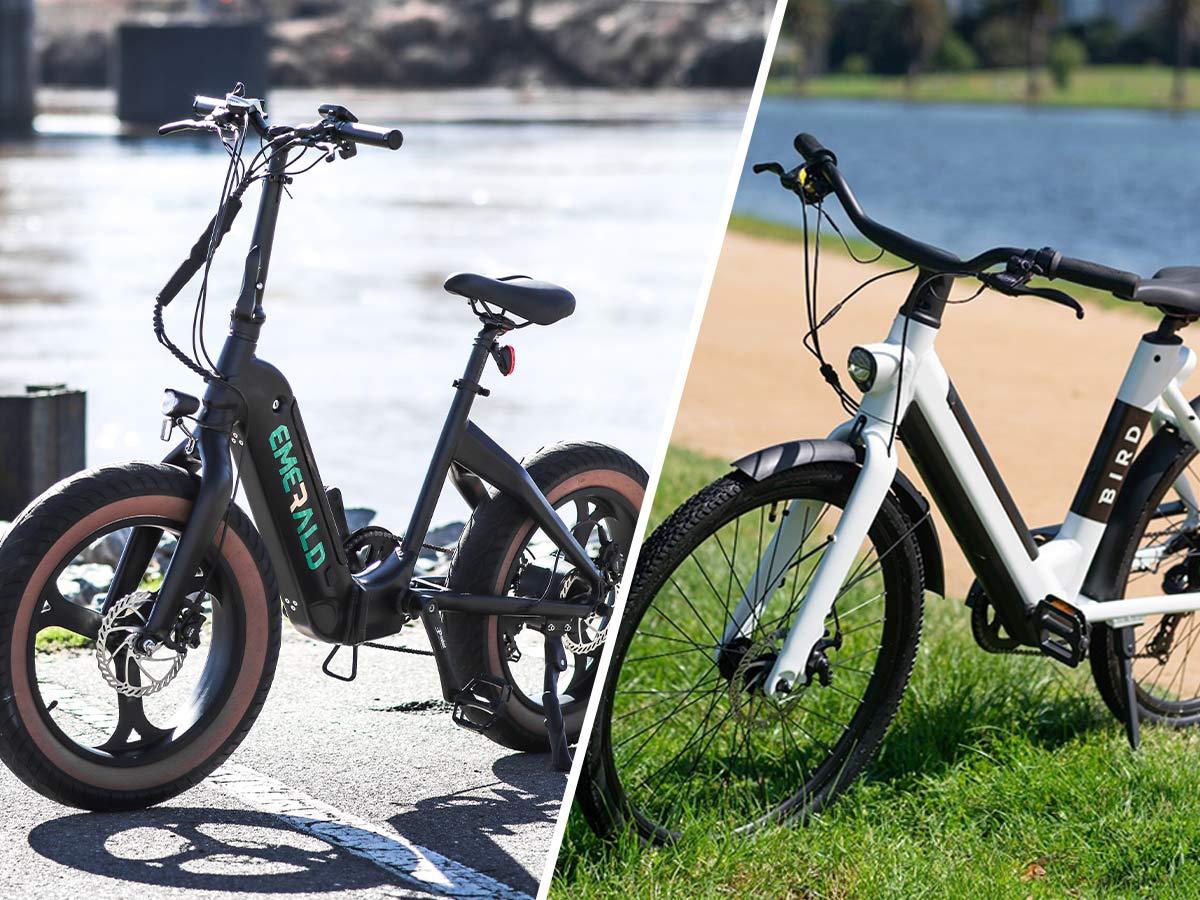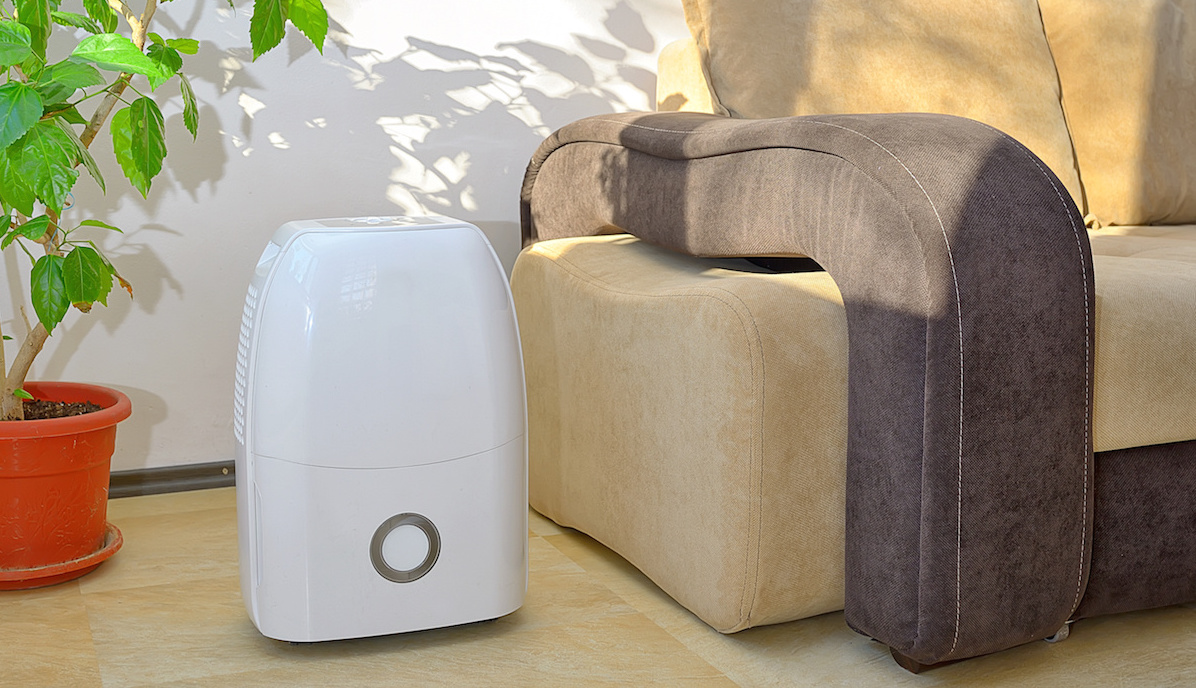Uber vs. Lyft: Which is Best for Passengers?

Uber and Lyft have completely changed the cab industry. Millions of users across the world open up a ridesharing app instead of calling a taxi. But which app should you trust to get you where you’re going? They’re pretty similar in terms of price and wait times. But one has happier drivers, a better app experience, and a less checkered history.
Price
It’s natural to want to know the cost of a ride before you schedule a car, but Uber and Lyft rates vary considerably in different cities. An Uber ride in Los Angeles may be twice the price of the same mileage in Little Rock, Arkansas. However, both companies try to stay competitive and generally have similar prices for the same ride. The best way to determine this is to check a fare estimate from Lyft and Uber. Their respective sites and apps will show you the price of a ride without scheduling a vehicle.
Coverage Area
Neither service completely covers the whole continental United States, meaning your choice may be much simpler than you think. Lyft is located in most large cities and states, but it isn’t in Arkansas, Montana, and Vermont. Uber covers a broader range of cities and states in North America as well as Central and South America. This means that it may be easier to find an Uber if you’re looking for a ride.
Drivers
How happy are the drivers? An unhappy employee can lead to an increase in mistakes and a worse attitude, which are two things you don’t want when you trust your life to a driver. A study found that Lyft drivers are happier than Uber drivers, and one reason is that they get paid more. Uber drivers average around $15.68 per hour while Lyft drivers make $17.50 hourly on average.
Safety
Riding in a car with a stranger can be pretty nerve-wracking, but you’ll be happy to know that both companies are extremely safe. Both Lyft and Uber get a background and criminal check on every driver. Plus, both companies require the driver’s vehicle to be inspected to ensure working order. As far as accidents go, a study conducted by Zendrive and Aite Group discovered that both Uber and Lyft drivers are safer than the average driver.
App Use
Sometimes it’s just about which app is easier to use. The Lyft and Uber apps function similarly, with a focus on user-friendliness. The Uber app allows customers to get a better idea of the total cost of the ride. For a long time, you couldn’t tip your driver through the app, but they finally added that feature in order to compete with Lyft. Lyft still has an advantage, though – it allows you to set a waypoint along your route, in case you need to stop and pick up something (or someone) along the way. Ultimately, the Lyft app is the winner.
Wait Time
Wait time will vary based on several factors, but Lyft and Uber both have very similar wait times. Drivers don’t get paid while there isn’t a passenger in their vehicle, so you rarely have to wait very long when scheduling a regular Uber or Lyft. While it’s just based one one person’s experience, a columnist at The Zebra found his average wait time was 4:16 for an Uber, while Lyft was six seconds faster at 4:10.
Corporate Ethics
You want to feel like the company you trust for transportation can be relied on, and Uber has some pretty high-profile problems right now. They actually have a long history of public embarrassments, but the last six months have been particularly rough. After a massive string of sexual harassment complaints (and one particularly damning firsthand account) they launched two internal investigations that have led to 20 firings so far. After a series of stumbles, a board member and ultimately their controversial CEO both recently resigned. That could mean they’re about to turn things around. Companies do recover from things like this. Or it could just be symptomatic of a larger problem with their internal culture.
Meanwhile they’re hemorrhaging money, largely due to research on autonomous vehicles. That’s led to some problems, too. Google’s sued them for stealing research, and they can’t even get their researchers to stay.
If Lyft is having similar problems, they’re at least keeping quiet about them, and it seems like Uber’s loss is Lyft’s gain. Depending on how important corporate culture is to you as a customer, some of the recent news may affect the way you choose to spend your money.
(Image via Instagram)









